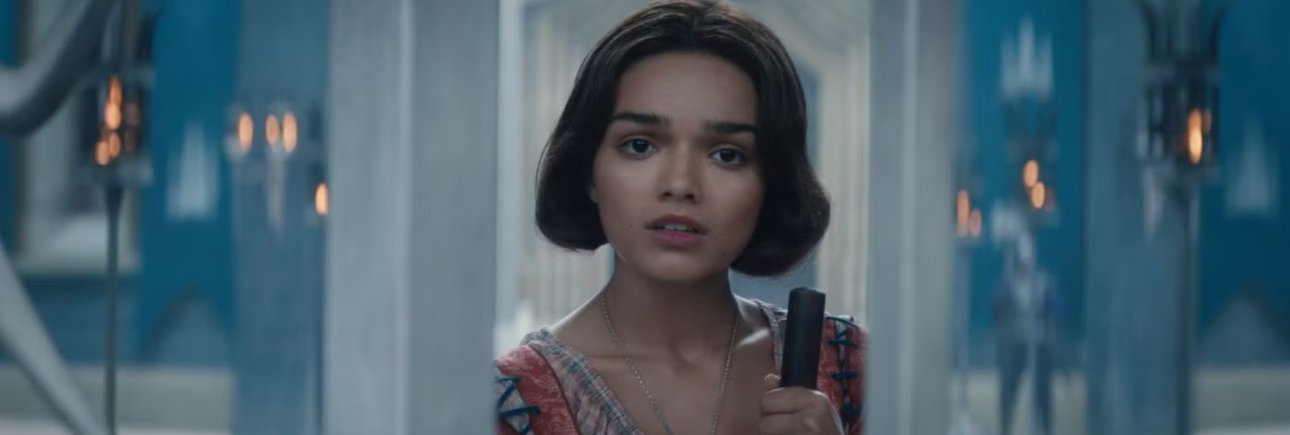I originally wrote a few quick thoughts about the film when it first screened for critics back in January. Now, with almost every film journalist having seen it, and the reviews resulting in near-universal praise, I tackle the morally-skewed outlook of Shaka King’s film.
“Judas and the Black Messiah“ tells the true story of how car thief-turned-FBI informant William O’Neal (Lakeith Stanfield) infiltrated the Black Panther Party and helped the feds take down Panther leader Fred Hampton (Daniel Kaluuya). If you’ve seen the trailer, you can already sense some major ’70s American cinema vibes going for it. It turns out, Sidney Lumet’s shadow looms large in ‘Judas,’ a muscular, if messily disjointed, jaunt into gritty crime territory from director Shaka King —whose only other directing credit was the middling 2013 indie, “Newlyweeds.” It’d be better to watch Lumet’s under-appreciated 1979 masterpiece “Prince of the City” than delve into King’s misbegotten film.
King’s sprawling 130-minute ‘Judas’ features two very strong performances from Kaluuya and, particularly, Stanfield as the morally conflicted informant. Throughout this crime epic, a slew of actors come and go, which leads to there being not much room to fully sketch out key characters, but Stanfield’s William remains in almost every scene as the film is seen through his perspective. King even includes a reenactment of the actual O’Neal being interviewed by the late Henry Hampton in the landmark Eighties documentary “Eyes on the Prize” (a must-watch).
The period details are fully attuned thanks to costume designer Charlese Antoinette Jones’ hip ’70s dressups. There’s also the pristine but gritty quality of Sean Bobbitt’s photography. Steve McQueen’s go-to cinematographer looked at more than 300 photos from the period and watched documentaries of the Black Panther leader speaking to crowds to get ready for the film. And it shows, the palettes Bobbitt uses, the frames he elegantly displays, are sumptuously rendered to immerse you into the world of Hampton and the Panthers. Too bad then that the film itself feels like a collection of episodes, none-too-fully sketched-out scenes that fail to give its characters the much-needed depth to make us care. The script lacks the focus to make this more than just a superficial jaunt into a historically important part of Black U.S.A. — King co-wrote the overreaching screenplay with fellow jokester Will Berson whose other credits stem from writing goofy sitcom comedy.
It’s a robust and miserable historical account, but ‘Judas’ is a failure because, in the end, it didn’t move me emotionally; it’s an angry movie, encouraging a form of “resistance” without entirely knowing what the reason for the resistance is. The scenes of Hampton’s incendiary rhetoric, screaming “I am a revolutionary!” during a speech he gives inside a hall, come off more like a campaign ad for social media wokeness than a genuine and heartfelt feeling about the movement. Even worse, the disingenuity of Hampton’s personal life, impregnating partner Deborah Johnson right before he goes to jail after being set-up for stealing $70 worth of ice cream, isn’t fleshed out enough; We are told Fred and Deborah love, want, and need each other, but there isn’t any reason to believe that.
No doubt King means well with this movie, but the story itself isn’t anything new, we’ve had countless dramas like ‘Judas’ over the last 100 years of cinema; from “White Heat,” and “The Departed,” to “American Gangster,” and “Donnie Brasco,” the latter which ‘Judas’ most closely resembles. Almost every one of these mentioned films has the informant eventually turning into a conflicted mess and wondering if he is doing the right thing. The moral dilemma of Stanfield’s O’Neal is meant to be the conflict at the heart of ‘Judas,’ but its outcome gets revealed in the film’s opening, stripping away any of the tension needed to sustain our unabated attention throughout this overlong and disorienting film.
SCORE: C






